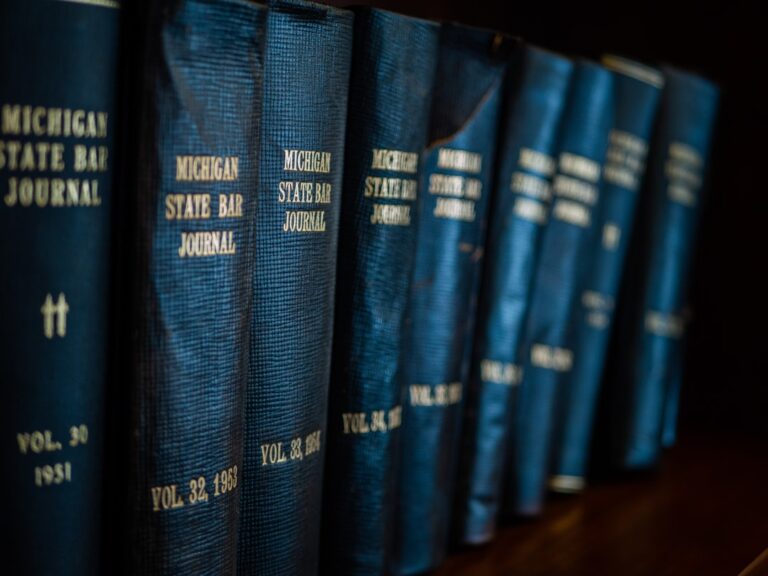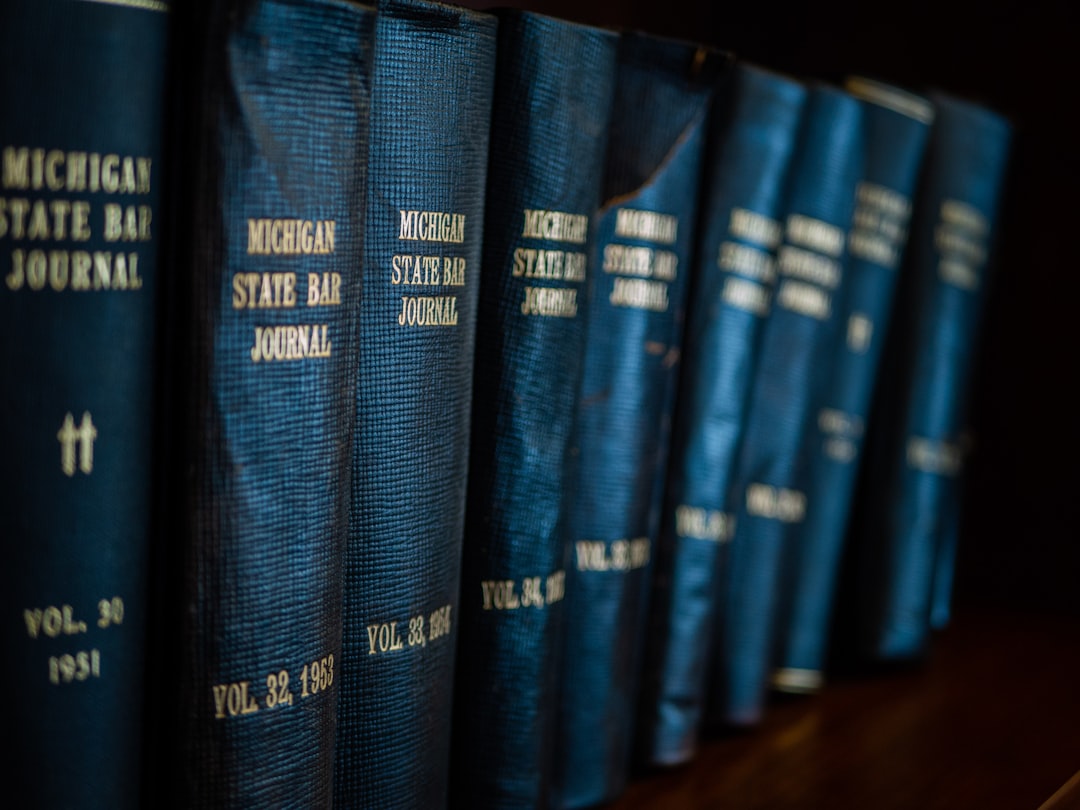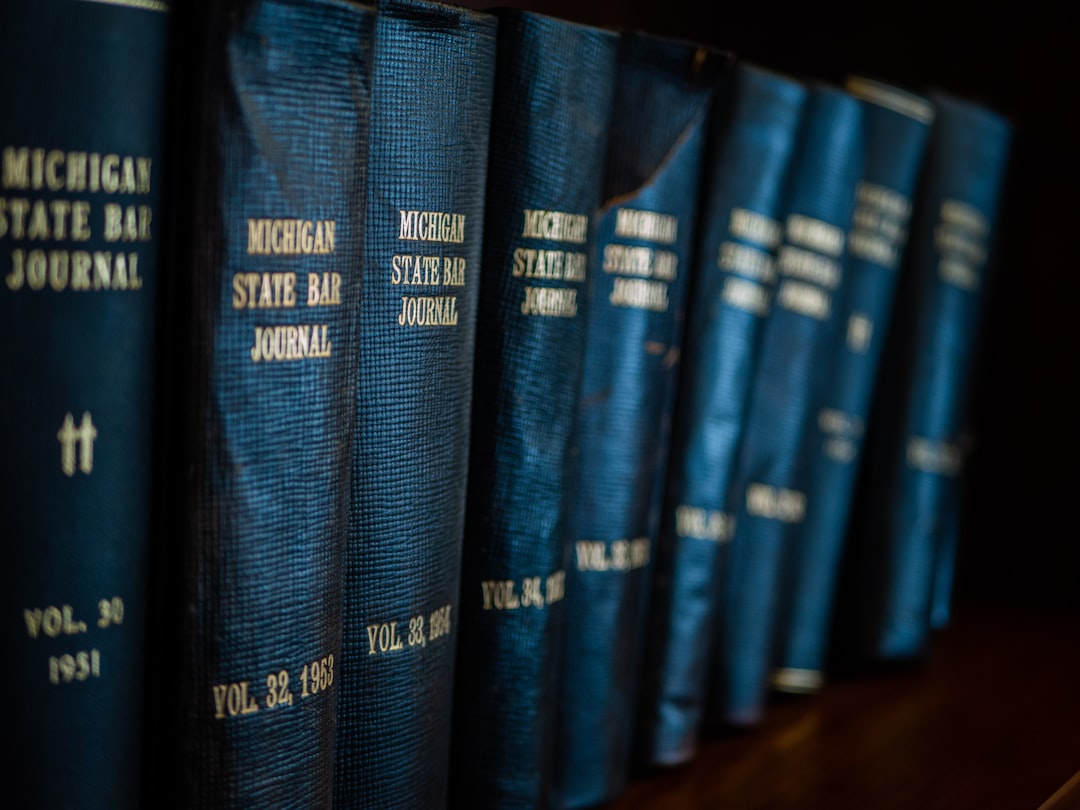In Maryland, addressing sexual abuse in schools involves understanding legal definitions, empowering students to recognize and report incidents, and educating them on consent, boundaries, and online safety. Schools collaborate with experts like a school abuse attorney to provide prevention programs, support systems, and resources for victims, fostering a culture of respect and accountability while ensuring student safety.
In Maryland, educating students about sexual abuse is paramount. This comprehensive guide explores critical aspects of this sensitive topic, aimed at empowering young minds and fostering safe environments. We delve into understanding sexual abuse—its definitions, legal implications, and recognizing signs of potential abusers and victims. Furthermore, we discuss prevention strategies, emphasizing the role of school education, and highlight support systems available for students facing such challenges, with insights from leading Maryland school abuse attorneys.
Understanding Sexual Abuse: Definitions and Legal Aspects

Sexual abuse is a serious issue that impacts many individuals, especially students. In Maryland, understanding sexual abuse goes beyond general knowledge; it involves recognizing legal definitions and implications. This includes comprehending various forms such as unwanted touching, exploitation, or any non-consensual act with a sexual nature. It’s crucial for students to know their rights and the legal protections in place against school abuse.
A school abuse attorney in Maryland explains that laws vary but generally, consent is a key factor. Any act without clear and enthusiastic consent can be considered sexual abuse. Students should also be aware of their right to report such incidents, with assurances of confidentiality and protection from retaliation. Education on these aspects empowers students to recognize and address potential situations, fostering a safer environment.
Recognizing Signs: Identifying Potential Abusers and Victims

Recognizing signs of potential abusers and victims is a critical aspect of preventing and addressing sexual abuse in schools. Students in Maryland should be educated to identify behavioral indicators that might suggest an individual is at risk of becoming a perpetrator or someone in need of help. This includes recognizing subtle changes in behavior, such as increased aggression, sudden withdrawal from social activities, or unexplained injuries. Teachers and school staff should also be trained to observe patterns of manipulation, control, or secrecy, especially when coupled with authority over students.
Moreover, students must be made aware of the various forms sexual abuse can take, including physical, emotional, and verbal abuse, as well as online exploitation. Encouraging open dialogue about personal boundaries and consent is essential. A school’s legal obligations in reporting suspected abuse and providing support to affected students, with the assistance of a school abuse attorney Maryland, should also be highlighted in these educational initiatives.
Prevention Strategies: Education in Maryland Schools

In Maryland, comprehensive sexual abuse prevention education is increasingly recognized as a vital component of K-12 curriculum. Schools across the state are implementing age-appropriate programs that teach students about healthy relationships, consent, and recognizing and reporting abuse. These initiatives aim to empower young people with knowledge and skills to protect themselves and their peers from potential school abuse.
Local laws and guidelines encourage schools to collaborate with experts, including school abuse attorneys, to design effective programming. By integrating topics like personal boundaries, digital safety, and understanding power dynamics, these educational strategies foster a culture of respect and accountability. Such proactive measures not only help prevent sexual misconduct but also equip students with the tools to navigate relationships and seek assistance when needed.
Support Systems: Resources for Students Facing Sexual Abuse

Students facing sexual abuse in Maryland need access to robust support systems. Many schools have counseling services and dedicated staff members trained to handle such sensitive issues. These professionals can offer immediate assistance, emotional support, and guidance on reporting procedures. Beyond school resources, non-profit organizations and government agencies in Maryland provide crucial aid. There are hotlines, shelters, and legal aid societies, including those specializing in school abuse cases, that offer confidential help and representation for victims.
Connecting with peers who have experienced similar trauma can also be immensely beneficial. Support groups facilitated by professionals or peer leaders allow students to share their stories, gain perspective, and build resilience. Additionally, accessing mental health services from a trusted physician or therapist is essential for long-term healing. A school abuse attorney in Maryland can help students understand their legal rights and navigate any necessary legal proceedings while ensuring they receive the support they need to recover and thrive.






